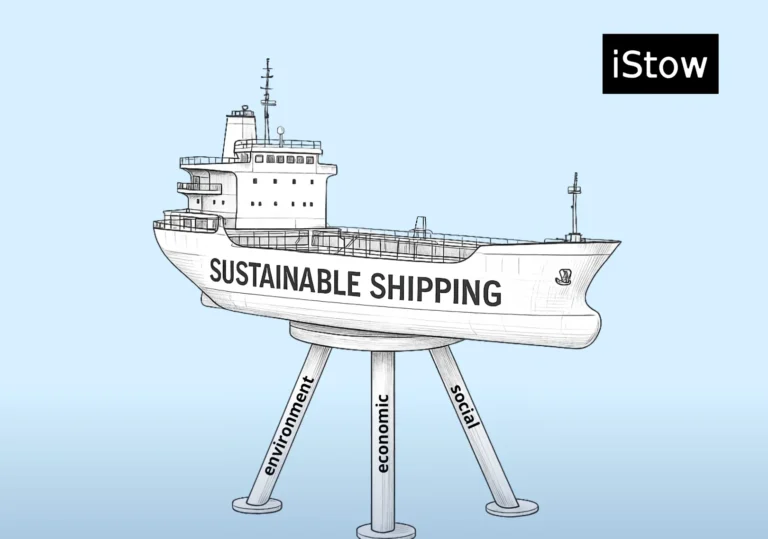Safety and Sustainable Shipping
Yet amid this momentum, we often overlook a fundamental truth: maritime safety is the very foundation of sustainability.
By Pranala Digital Transmaritim
23 July 2025
As the shipping industry moves toward greater sustainability, much of the conversation today revolves around decarbonization, net zero emissions, and energy transition. Yet amid this momentum, we often overlook a fundamental truth: maritime safety is the very foundation of sustainability.
It is difficult to justify discussions on net zero when, in practice, vessel operations remain burdened by inefficiencies, cargo-related risks, and the persistent threat of accidents — often due to the lack of accurate and real-time decision support systems.
In recent months, we’ve seen a rise in serious maritime incidents, including:
⭕ Ships sinking — both at sea and alongside
⭕ Structural failure due to uneven loading or weakened hull integrity
⭕ Explosions caused by improperly handled dangerous goods
These incidents are further compounded by increasingly unpredictable ocean and climate conditions.

The consequences are significant: the safety of crew, passengers, and cargo is at stake. For shipowners and operators, the impact extends beyond physical damage — it threatens operational continuity, financial stability, and brand reputation. For global supply chains, a single maritime accident at the worst can disrupt economic flow across regions.
We must be reminded that sustainability is not solely an environmental pursuit. It also encompasses social and economic dimensions — and in that context, ship safety stands as a non-negotiable pillar.
For shipowners and operators, proactive prevention must come before reactive response. This is precisely why we believe that solutions like iStow Loading Instrument are not just beneficial — they are essential.
iStow is more than a loading calculation tool. It is a safety intelligence system.
By enabling accurate, data-driven decisions, iStow empowers both ship and shore teams to detect and prevent risks before they escalate. Every decision is backed by verified parameters, not assumptions — and aligned with international standards set by IMO and classification societies.
True sustainability is not only about reducing emissions, it’s about preventing incidents that damage the marine environment, disrupt supply chains, and compromise operational integrity.
Because real sustainability begins with safety — and safety begins with measured, preventive action.
